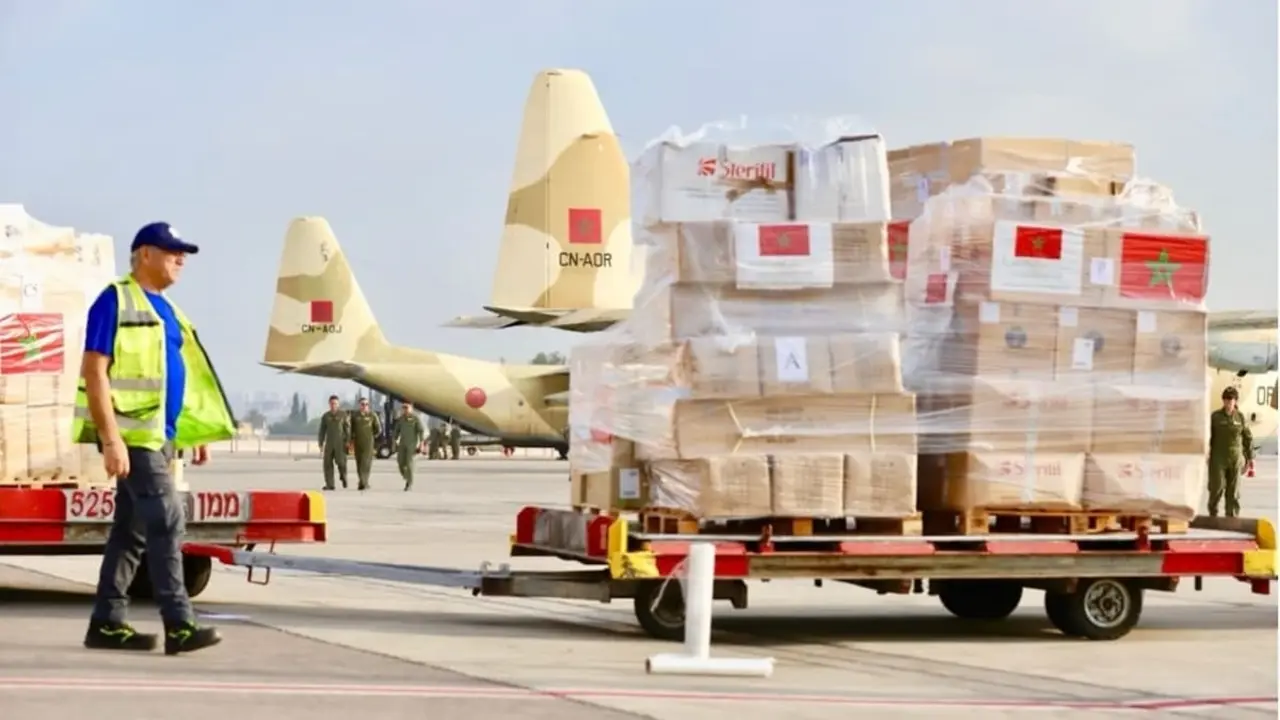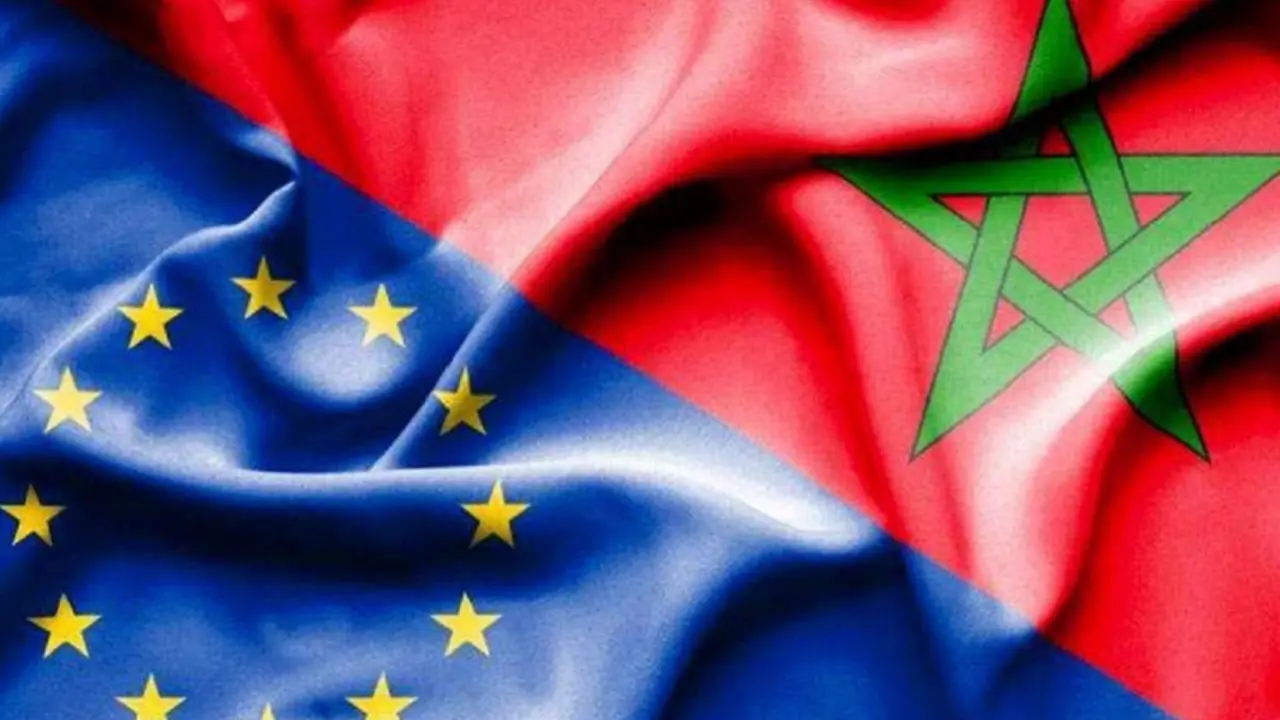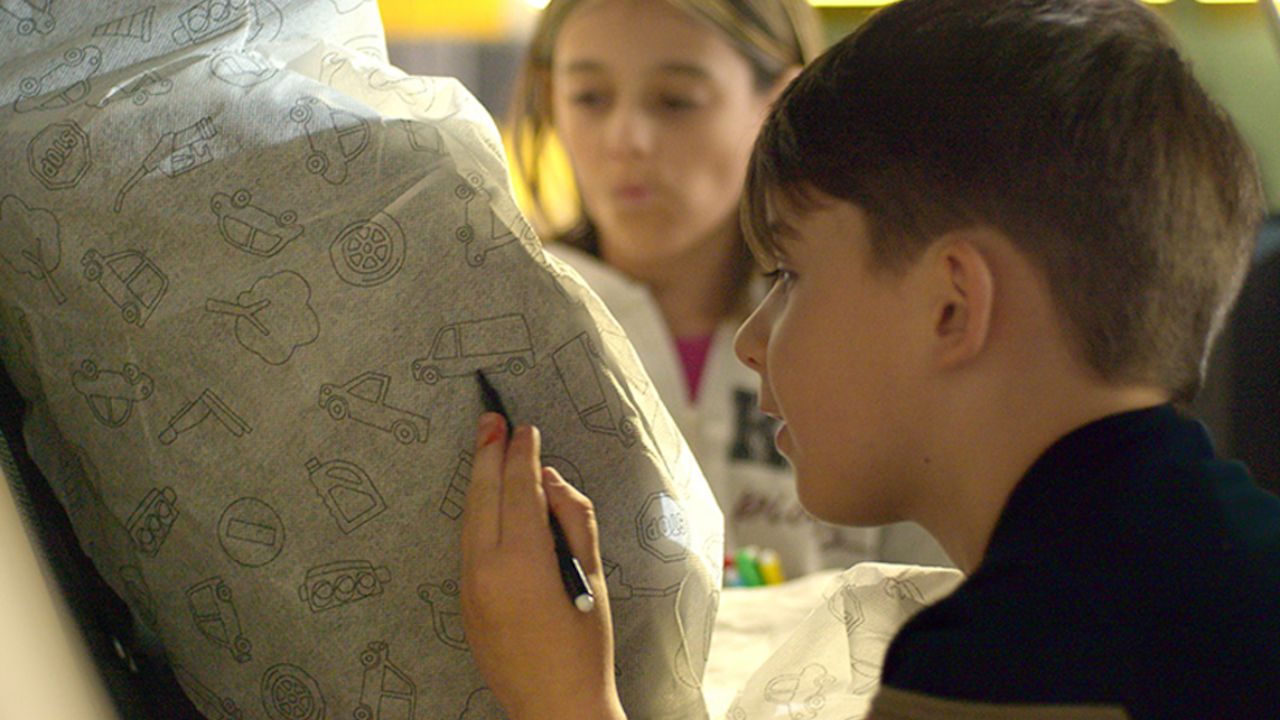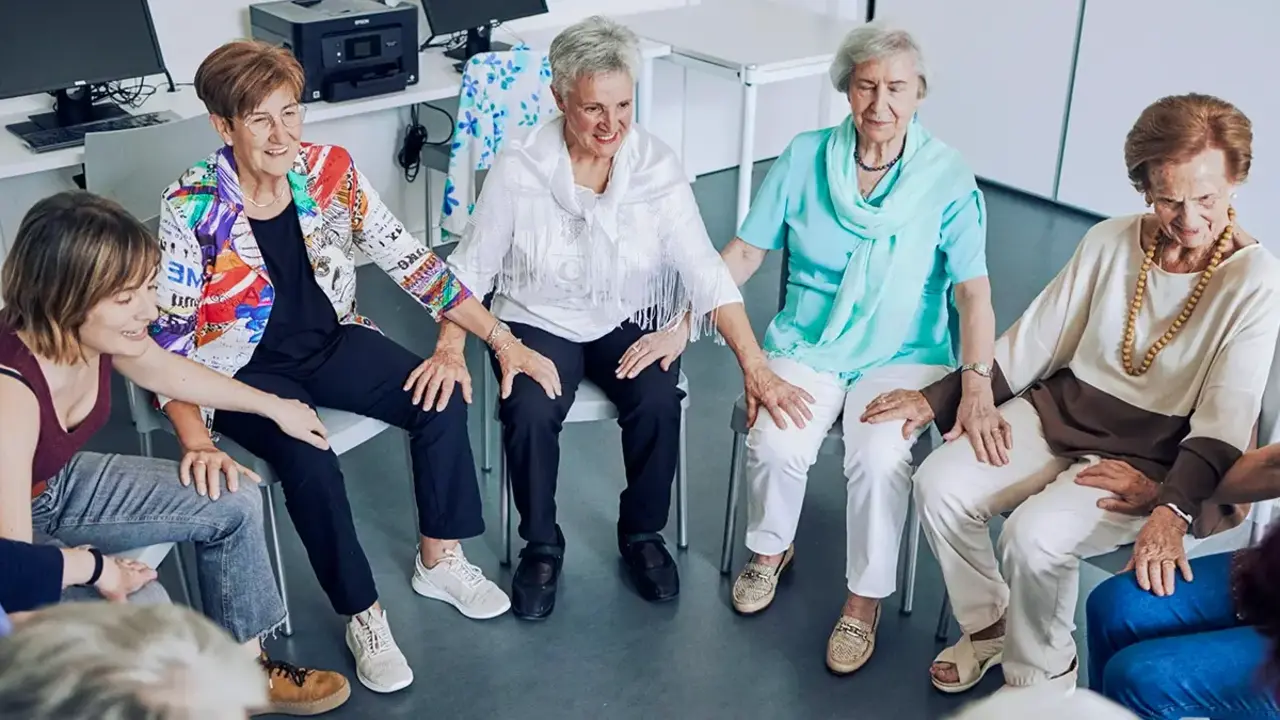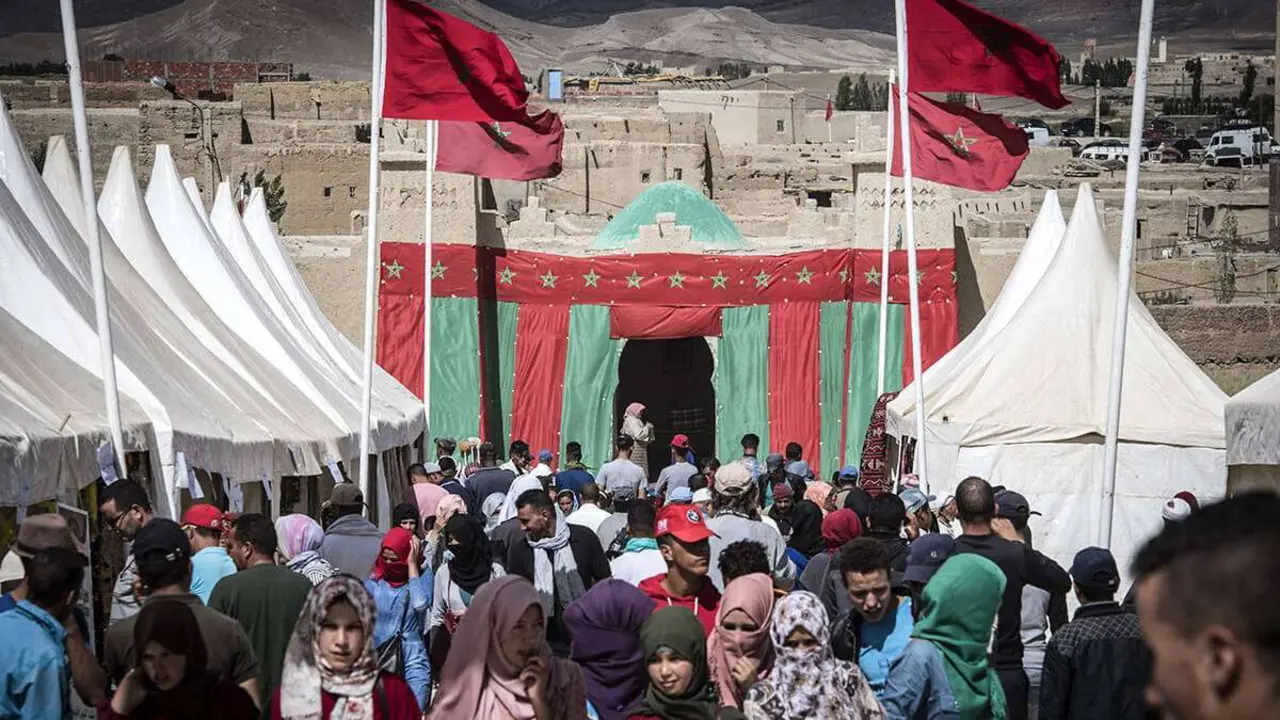Integration and cultural diversity in times of pandemic

The Foundation for Islamic Culture and Religious Tolerance, in collaboration with the San Juan del Castillo Foundation, has organised a series of conferences on "Tolerance and Integration", the last session of which took place this afternoon.
Today's session was on "Integration and cultural diversity in times of pandemic". The speakers on this occasion were Dr. María José Parejo Guzmán, Professor of State Ecclesiastical Law at the University Pablo de Olavide in Seville; and Ms. Amparo Navarro Salvador, a graduate in Religious Sciences and head of the Interreligious Space of the Jesuit Migrant Service in Valencia.
The session began with a brief presentation of the programme by Mr. Jumaa AlKaabi, Director General of the Foundation for Islamic Culture and Religious Tolerance. This was followed by a speech by María José Parejo Guzmán. During her presentation she approached the issue of cultural and religious diversity and the importance of education in religious tolerance.
"Cultural and Religious Diversion. Education in religious tolerance and the positions of religions in times of pandemics" was the title of this first block. Parejo has highlighted several issues. Firstly, he stressed the need for efforts to protect cultural diversity "is paramount for both national governments and international institutions".
The religious fact has been gaining relevance all over the world. "Some minority religions have improved their situation and have become more present in society," explained Parejo.
Religious diversity has become evident. "It is a 21st century phenomenon as a consequence of globalisation". The phenomenon of migration has brought with it a multiplicity of religions and cultures. "The integration of migrants needs, without doubt, measures that allow for equal opportunities. The host society must not merely be welcoming, but must help the migrant to become part of society".
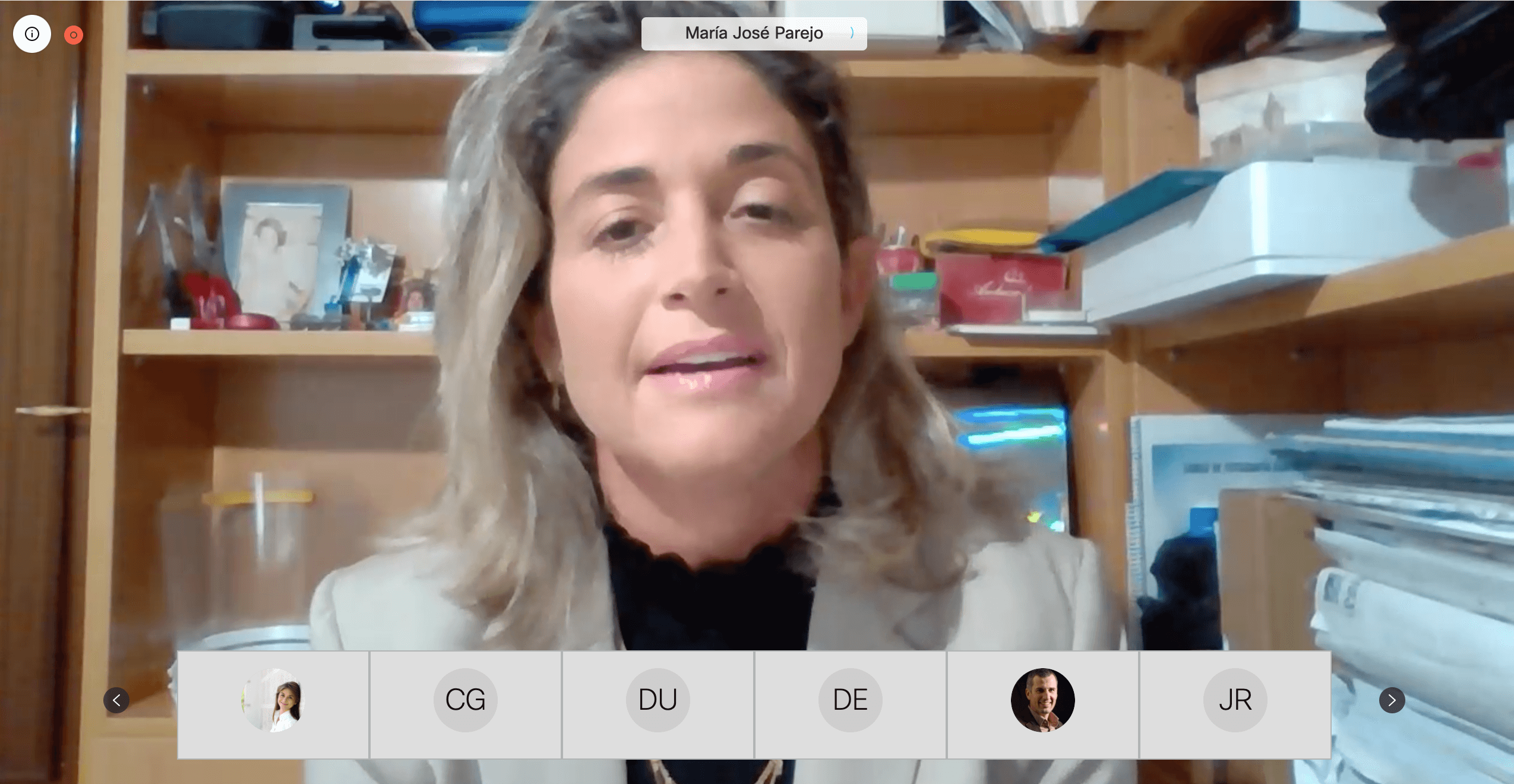
María José Parejo insisted on the idea of tolerance between peers: "it is a value that is not negative from a religious perspective. First of all it must be understood as a positive attitude of respect and cordial acceptance of the other. It is not a form of inhibition or neglect. It must be sustained by sincerity, clarity, prudence, tact, sensitivity and true knowledge of the other person".
To conclude his intervention he wanted to reflect on how the pandemic has affected religions. "Dealing with the pandemic is helping regions to reinvent the links with their followers".
For her part, Amparo Navarro Salvador wanted to move the debate on "Awareness raising and coexistence; challenges for cultural harmony". The speaker explained that we are facing a cultural and spiritual globalisation. "The different traditions are reflected in such a way that they become part of our social maps. We are destined to meet each other, and we can't help it," said Amparo.
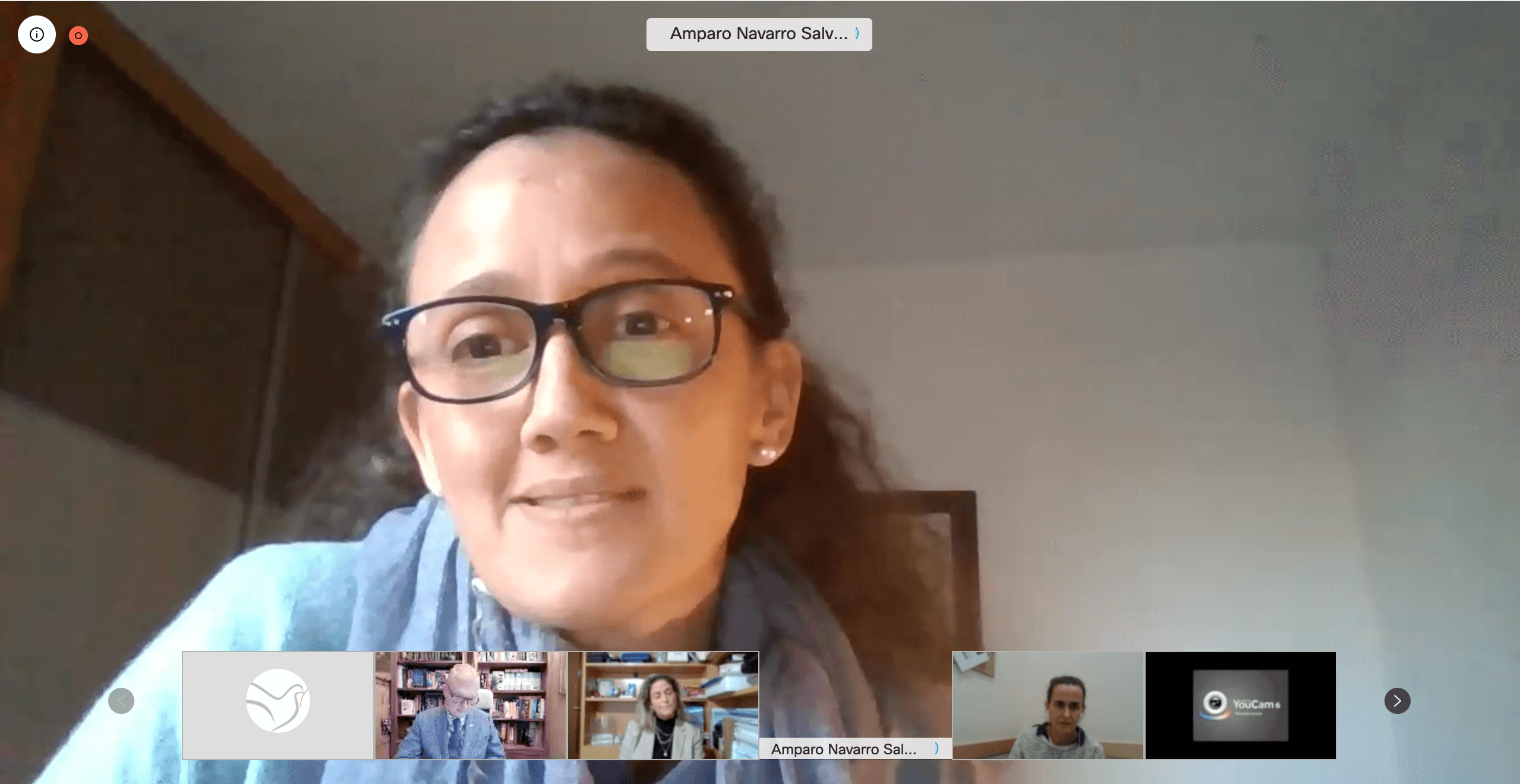
During her speech she also wanted to highlight a quote from Pope Francis' Encyclical Letter, which says: "On the basis of social love it is possible to move towards a civilisation of love to which we can all feel called. Charity, with its universal dynamism, can build a new world, because it is not a sterile feeling, but the best way to achieve effective paths of development for all. Social love is a force capable of creating new ways of facing the problems of today's world and of profoundly renewing structures, social organizations and legal systems from within".
These final reflections concluded the series of conferences on "Tolerance and Integration" organised by the Foundation for Islamic Culture and Religious Tolerance.

